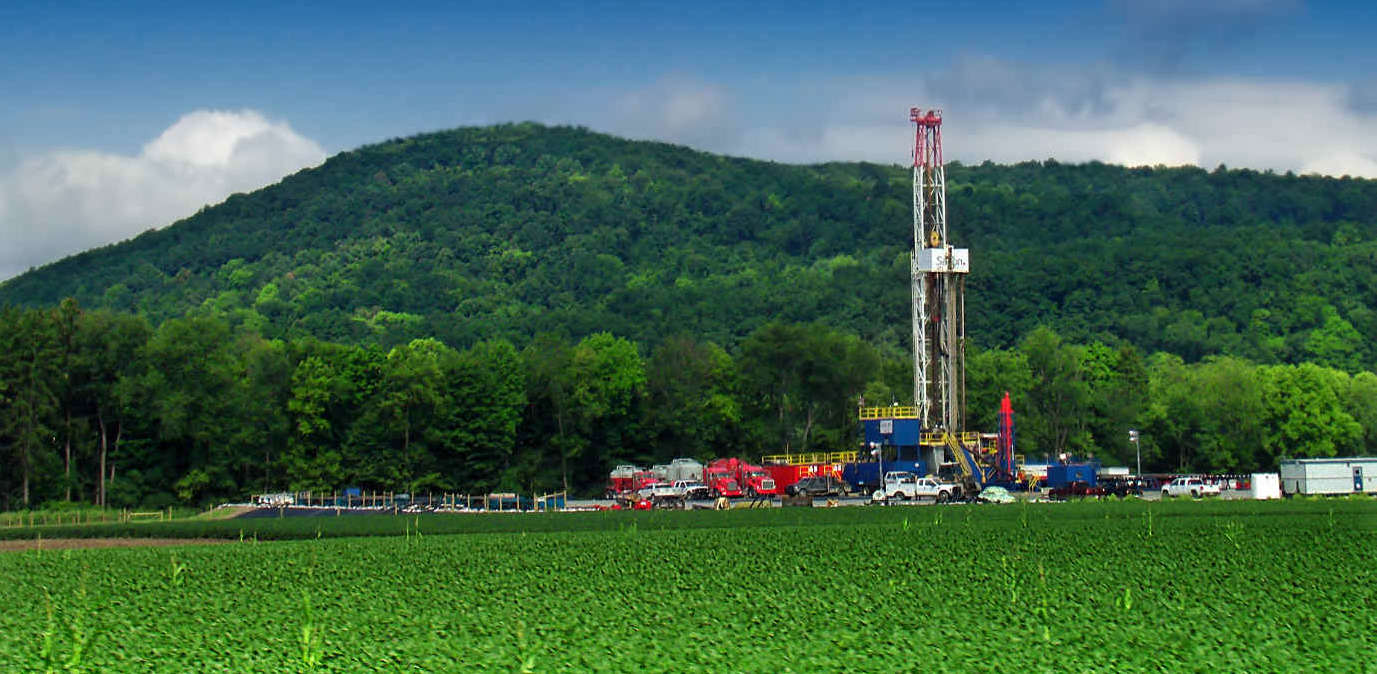UK shale gas policy: A question of balance
by Inline Policy on 11 Jun 2014
The Government would be advised to eschew a fracking at all costs approach in favour of a more carefully weighted public strategy.
One of the more eye-catching measures announced in the recent Queen’s Speech was the UK Government’s proposal to change the trespass laws and allow fracking companies to drill under people’s homes without their permission. Although the Government is sensibly now running a 12-week consultation on this before moving forward, this development - reinforced by all sorts of ministerial statements over the last year - should leave the public in no doubt that they (the Conservative Party especially) are determined to oversee the development of shale gas opportunities up and down the country as speedily as they can.
This is against the background of some decline in UK public support for fracking (a recent Nottingham University poll indicating that, for the first time, less than half the public is backing it). But also against the warning from Cuadrilla’s Chief Executive, Francis Egan, as the trespass consultation was launched, that the shale gas industry might leave the UK unless existing legislation on drilling was eased.
European caution
The German Government (probably also reflecting that their shale reserves might not be on the scale of the UK’s) have been more equivocal about developing an indigenous sector. But last week it was announced that the German Cabinet will discuss new legislation before the summer recess which will lift its ban on fracking and allow applications to drill and extract, subject to an environmental impact assessment. Even the Russian administration, who have understandably been slow to warm to shale gas and oil possibilities because of the transformative effect a European shale gas industry would have on Russia’s energy security and geo-political relationship with the EU, have reportedly been tasked by Putin to devise an action plan to master fracking methods.
The regulatory authorities (France aside, where the fracking ban continues, unless there’s a volte-face contained in the new “energy transition” law, due to be published shortly) who continue to be more lukewarm reside in Brussels. The recent communication from the European Commission, which will be discussed by heads of government at the European Council on 26/27 June, said little about shale’s transformative capabilities. A more faithful reflection of the Commission’s opinion appeared in an answer to a recent question from an MEP on the potential of European shale gas deposits. The Commission responded:
- we are cautious on estimated reserves;
- shale could contribute to EU energy security, but environmental impacts should be managed and mitigated;
- decarbonisation remains the long-term objective, requiring continued improvements in energy efficiency and low-carbon technology development;
- the “exploitation of indigenous energy sources” could support diversification;
- we are aware of certain shale gas exploration projects, notably in Poland.
In summary, shale could help - especially with security of supply - but we’re not shouting from the rooftops just yet!
Promoting the benefits, while acknowledging the potential downsides and hazards
David Cameron and his colleagues might well be loath to take advice from the Commission. But there may be some lessons for the Government to draw here if they really want to win hearts and minds on fracking - where the evidence at present suggests that they are struggling:
- A balanced approach is essential: promoting the benefits to the UK economy, jobs and prosperity that a mature shale gas sector can bring; but balancing those assertions with necessary concern for the potential impact on the environment and on social impacts (eg increased truck traffic) on local communities.
- Further balance is needed on managing expectations. British Geological Survey (BGS) reports have in the past led (through no fault of the BGS) to some hyping-up of what UK reserves could be. But see also, for example, the BGS’s recent conclusion that there is “no significant shale gas resource” in the Weald Basin. It’s universally acknowledged that the geology of the UK is very different to that which spawned the US shale revolution. Ministers would be advised to exercise caution in what they say publicly, while so few wells have actually been fracked here.
- This feeds into the question of wider balance on the contribution to UK strategic objectives on the economy (which includes competitiveness and energy prices), energy security and climate change. At times the Government can appear too much a cheerleader for the UK fossil fuels sector, at the expense of the burgeoning low carbon and renewables sector. Developing the fracking sector should be a priority; but so should a concentration on wind and solar, on energy efficiency, and also (if the price is right) on nuclear - all part of a broad energy mix which balances cost, diversifies energy and fosters the transition to a low-carbon economy.
Take the evidence, and weigh it
The UK Government is, with some justification, leading the way in Europe on developing an indigenous sector. It has already done some sensible things, such as establishing a dedicated policy and regulatory unit (the Office of Unconventional Oil and Gas) and resisting any attempts by the law-makers in Brussels to over-regulate the industry while it is in its infancy this side of the Atlantic. But the politicians clearly need to do a lot more if they are going to take the public with them - a thoughtful, evidence-based approach which transparently weighs the benefits and the potential risks would therefore seem a sensible way to proceed.
By Richard Folland, Environment and Energy Consultant at Inline Policy
Topics: European Politics, Energy policy, UK politics, Big Tech







Comments